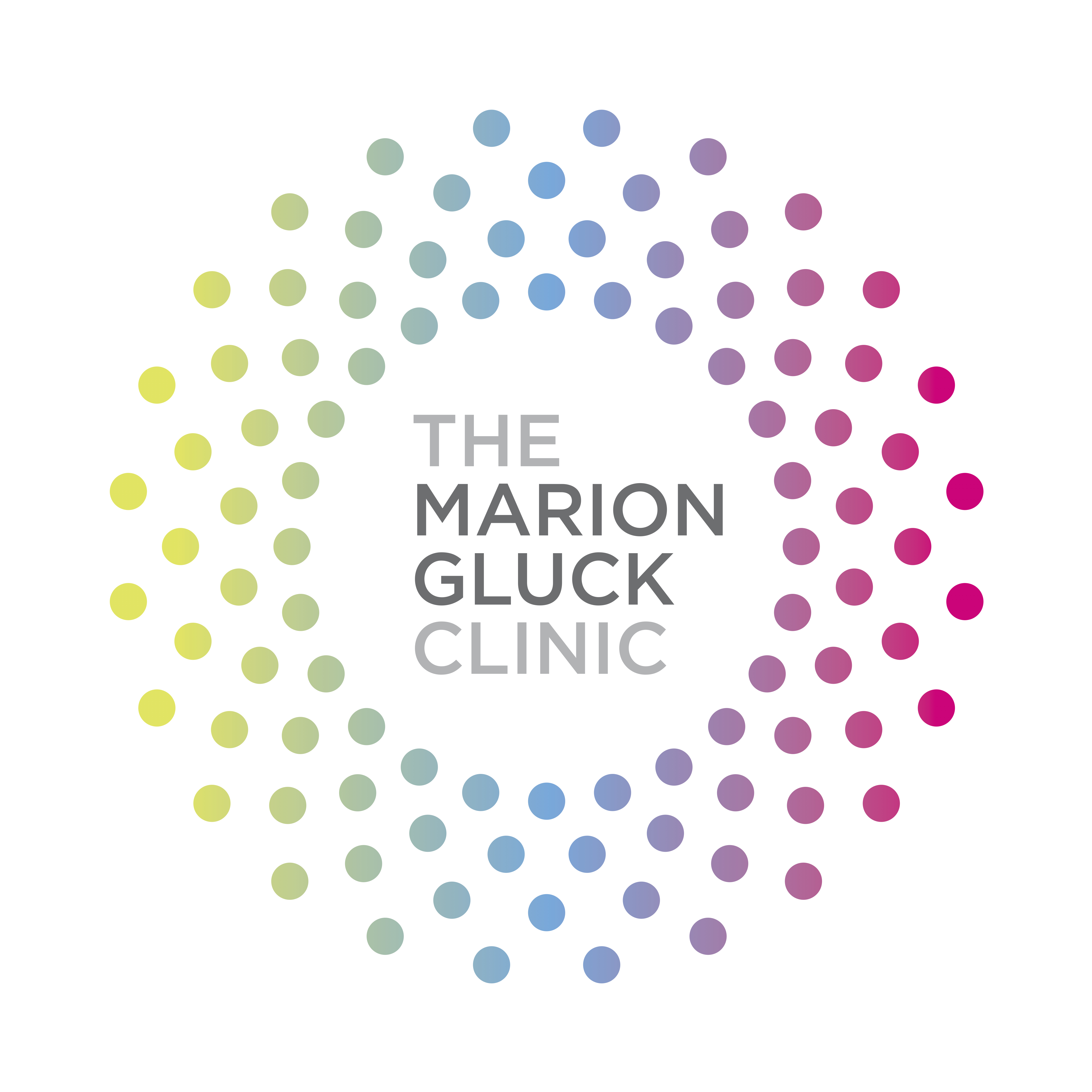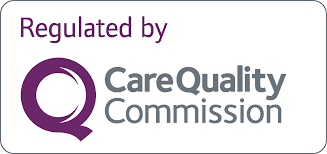How To Stop Period Bloating
Every woman will have a different set of PMS symptoms each month, but a classic symptom that tends to crop up a lot is bloating.
Period bloating can feel slightly different to regular bloating after you eat a lot, and it can be extremely annoying, as well as uncomfortable. But how can you manage bloating?
If you want to know how to stop period bloating, keep reading.
What is period bloating?
Period bloating is a really common symptom of PMS and it’s definitely a problem that a lot of women face. Typically, period bloating can feel like you’ve gained weight, or like your abdomen or stomach is swollen or tight.
You’ll normally notice that bloating starts between a day or a week before your period (though sometimes it can start earlier), so it can be easy to confuse it with the feeling of overeating. However, the two are quite different and one is caused by your menstrual cycle.
What causes period bloating?
Bloating before your period is thought to be caused by the fluctuations in your hormones.
Progesterone and oestrogen are the two main culprits in bloating. Your progesterone and oestrogen levels fall just before your period, both of which can cause your body to hold on to water. This build-up could lead to that painful feeling of bloating and last until your period starts.
Studies have shown that the changes in your hormone levels can cause your body to retain a lot more water and salt than usual. This then causes the familiar period bloating and can make you feel super uncomfortable.
How long does period bloating last?
You’ll probably notice that your bloating starts just before you get your period. Many women find that it starts around one week before and dissipates when their period begins. This means that you may have to deal with period bloating for around one week each month.
However, the bloating should disappear within a couple of days once your period starts, as your hormone levels start to regulate themselves.
How to get rid of period bloating?
Getting rid of period bloating might seem impossible, especially when you’ve dealt with it for years. But there are some things you can do to help alleviate it and banish the bloat each month. Here are our top tips.
Drink plenty of water
While you may think that you’re drinking plenty of water, you might not be drinking enough to get rid of bloating.
It’s thought that increasing your water intake helps to regulate kidney function. This in turn allows your body to get rid of excess water, helping to ease bloating. So, be sure to grab an extra glass of water if you start to notice the bloating start.
Avoid salty foods
As bloating is often caused by water retention, you want to try and limit the amount of salt you eat during the run-up to your period. Too much salt can lead to your body holding lots of excess water, which will worsen any bloating that you may have.
You want to try and avoid processed foods — these often contain large amounts of salt. Home cooking is best when actively trying to stop period bloating, as you can control how much salt you put in.
Ditch caffeine and alcohol
Experts believe that drinking caffeine and alcohol before your period could lead to increased bloating. Alcohol could cause your body to retain water, exasperating period bloating, so it’s best to cut down on those post-work wines just before your period.
Caffeine can also upset your stomach, leading to further bloating. So, while it may be tempting to have a hot cup of coffee in the morning, it may be making your bloating worse. Instead, try replacing coffee with tea (which has less caffeine in), or opt for decaf — at least when you’re PMSing.
Try diuretics
Diuretics help to increase urine production (meaning they make you wee more), so they’re thought to be useful for period bloating because they help the body to get rid of excess water and reduce water retention.
Foods that act as natural diuretics and can help boost your urine production are cucumbers, peaches, asparagus, and bell peppers. Eating more of these when you feel bloated is a pretty simple thing to do, and it could help to relieve your bloating.
Diuretics can also be found in things like green tea and dandelion. So, if you don’t want to change your diet, drinking a soothing cup of herbal tea could be a great option too.
Eat more potassium-rich food
Studies have shown that eating foods high in potassium could lower your levels of sodium and increase how much you pee. Both of these things can help to alleviate bloating by flushing out the excess water in your body that causes period bloating.
You want to try and eat more foods that contain potassium such as bananas, sweet potatoes, dark leafy greens, and avocados. These are all foods that can easily be incorporated into your diet, so it won’t take much effort.
Exercise regularly
While you may not feel like it, regular exercise could really help with period bloating. One study found that eight weeks of aerobic exercise helped to alleviate bloating as well as other PMS symptoms.
So, even if you don’t feel like going to the gym, try to get some movement into your daily routine — whether that’s some gentle morning yoga or a brisk walk at lunch. It might really help you banish period bloating a lot quicker.
Try bioidentical hormone treatment
A lot of these tips focus on helping with water retention, but as your hormones play a part in bloating, we need to take a look at those too.
Sometimes, women are often recommended to take the contraceptive pill to help with PMS symptoms like bloating. But as these are made from synthetic hormone-like drugs, they could actually increase the chances of bloating and other symptoms.
Instead, try out more natural products like our bioidentical PMS cream. This could help you to keep your hormone levels more balanced, which can help get rid of bloating. The hormones that are in the cream are identical to the hormones that your body produces, helping to keep the effects of your menstrual cycle to a minimum.
Period bloating can be a tough symptom of PMS to deal with, but these tips show you just how easy it could be to alleviate it. From eating potassium-rich foods to making use of bioidentical hormone treatments, there are so many ways you can stop bloating.
If you want to know more about bioidentical hormone treatment and what they can do for you, take our online assessment.






